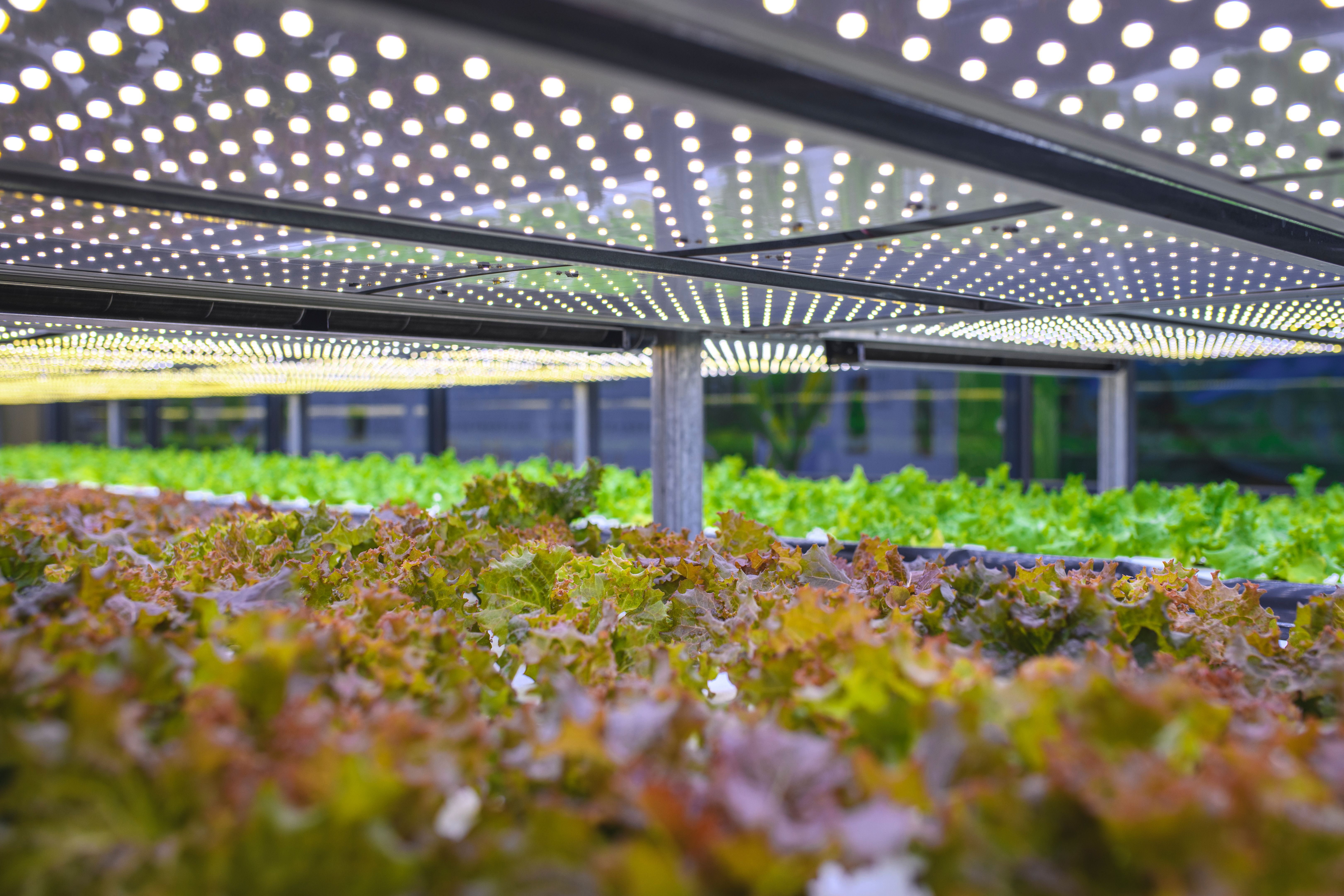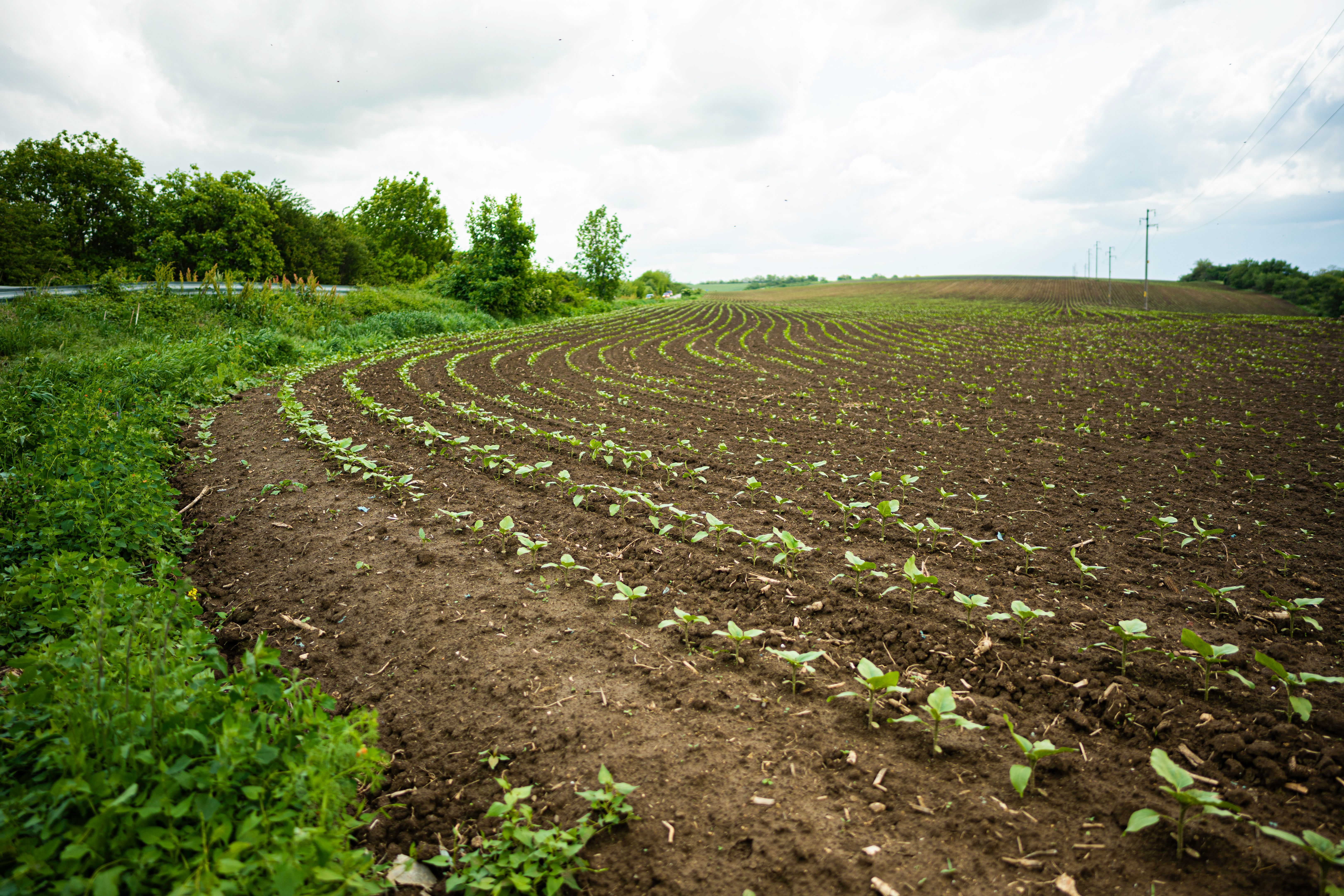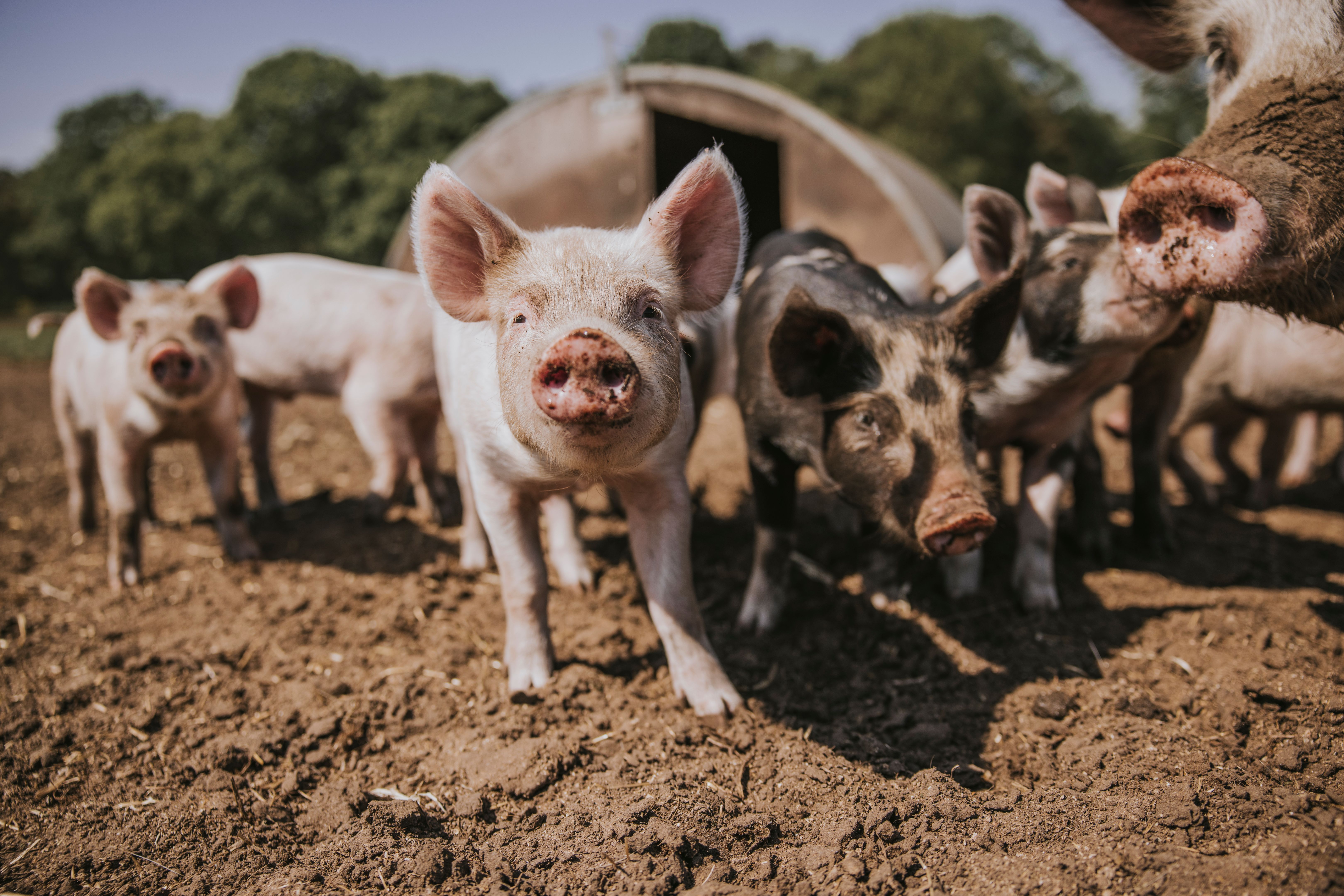Reaping Rewards: The Long-Term Benefits of Sustainable Farming
The Rise of Sustainable Farming
The agricultural landscape is evolving, and sustainable farming is at the forefront of this change. As the global population continues to grow, the demand for food increases, putting a strain on traditional farming methods. Sustainable farming offers a solution that not only meets these demands but also protects the environment for future generations. This approach focuses on ecological balance, economic viability, and social equity, ensuring that farming can continue for years to come.
By adopting sustainable practices, farmers can reduce their carbon footprint, conserve water, and enhance biodiversity. These practices include crop rotation, organic farming, and permaculture. Such methods not only improve soil health but also increase crop yield over time. The benefits of sustainable farming extend beyond environmental conservation; they also include economic savings and improved community well-being.

Environmental Benefits
Sustainable farming practices focus on protecting natural resources. By reducing the reliance on chemical fertilizers and pesticides, these methods help maintain soil fertility and prevent water pollution. Farmers can also implement water-saving techniques such as drip irrigation or rainwater harvesting to conserve water resources.
Moreover, sustainable farming enhances biodiversity by creating habitats for various species. Practices such as planting cover crops and maintaining hedgerows provide essential habitats for pollinators and other wildlife. This biodiversity supports ecosystem services that are crucial for healthy crop production.

Soil Health and Regeneration
Healthy soil is the foundation of successful agriculture. Sustainable farming practices prioritize soil health by using techniques like crop rotation and cover cropping. These methods prevent soil erosion, improve nutrient cycling, and promote healthy root systems.
Regenerative agriculture, a subset of sustainable farming, takes it a step further by focusing on restoring degraded soils. This approach increases organic matter in the soil, enhancing its ability to retain water and nutrients. Over time, regenerated soils lead to higher crop yields and reduced need for external inputs.
Economic Advantages
While sustainable farming often requires an initial investment in new technologies or practices, it can lead to significant economic benefits in the long run. By reducing input costs for fertilizers and pesticides, farmers can save money while producing healthier crops.
Furthermore, sustainable farming opens up new market opportunities as consumer demand for organic and sustainably produced food continues to grow. Farmers can capitalize on these trends by diversifying their product offerings and reaching new customer bases.

Community Well-Being
Sustainable farming not only benefits the environment and economy but also improves community well-being. By prioritizing fair labor practices and supporting local food systems, sustainable farms foster stronger communities. This approach promotes food security and provides opportunities for local employment.
Educational programs and community involvement are often integral parts of sustainable farms. By engaging with the community, farmers can raise awareness about sustainable practices and inspire the next generation of environmentally conscious consumers and producers.
A Brighter Future
The long-term benefits of sustainable farming are clear: healthier ecosystems, more resilient economies, and stronger communities. As more farmers adopt these practices, the positive impact will continue to grow, paving the way for a more sustainable future.
By investing in sustainable farming today, we are planting the seeds for a healthier planet and a more secure food system tomorrow. The rewards of this investment will be reaped for generations to come.